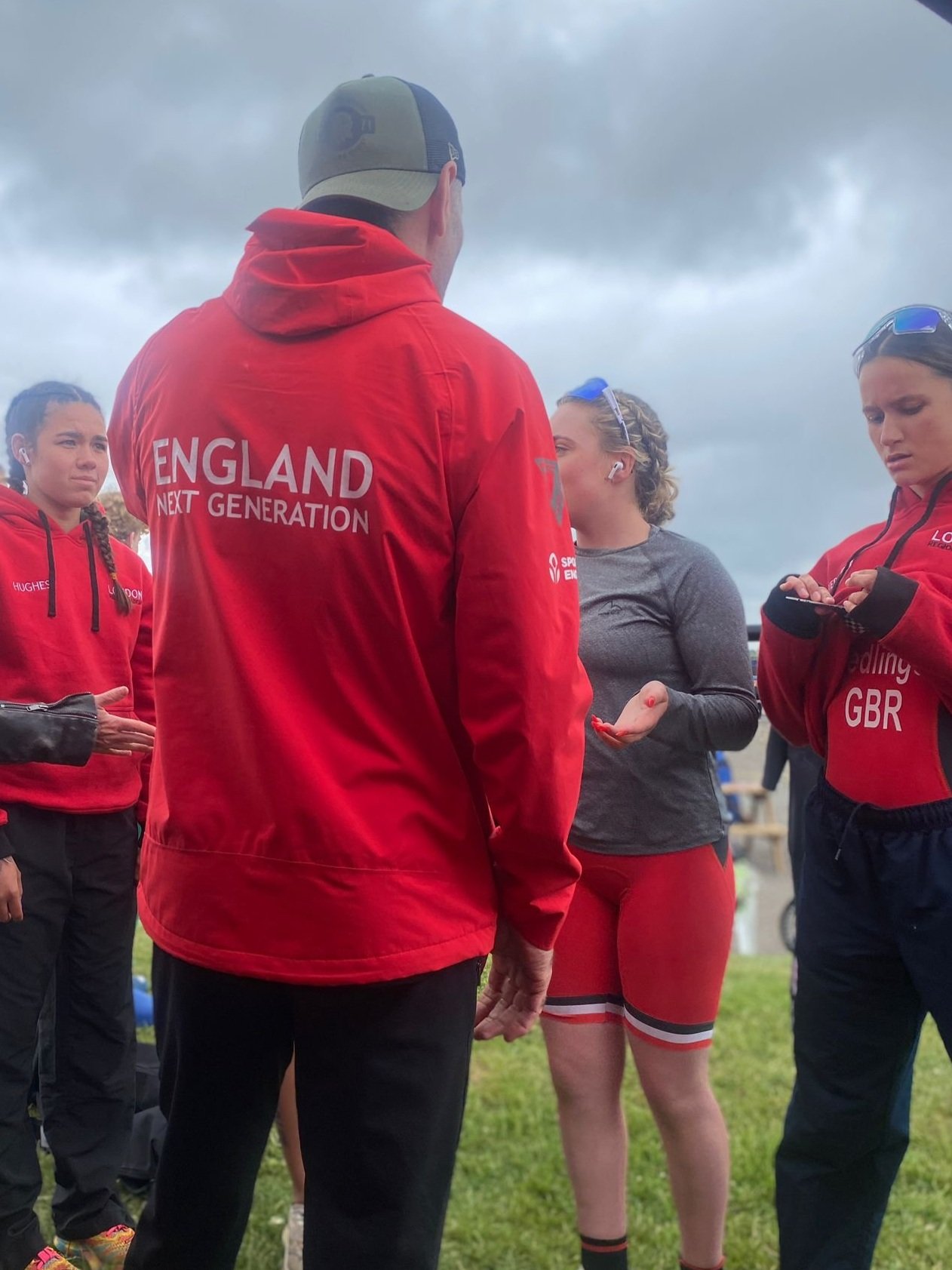
Triathlon Coaching
Enthusiasm vs. Desire
In the past few years I've watched some very ordinary* young triathletes become very accomplished juniors; and a 29 year old city Lawyer take 19th in the London Olympic triathlon after only 18 months as a full-time athlete. Then there's the 40+ age grouper who sits on the turbo for up to five hours and then achieves a sub 9 hour ironman, a feat he never thought possible four years earlier.
The Athletic Road Less Travelled
I am writing this article due to total and utter frustration from within my sport. If you’re a triathlete, you probably feel, as a sport, that we’re in a great position. We are in many respects, however…
I like my Youth / Junior athletes to be aware of what I term the “athletic curve” in our sport (triathlon). The basic premise is that you are either ahead of it, on it, or behind it.
The Athletic Curve
Behind = perhaps around regional or good school standard
On = National
Ahead = International
Winning is for Losers
You constantly hear coaches, parents, and athletes talk about the 'winning mentality or ‘winning at all costs’. However you put it, it's setting the athlete up, if they are not always first, to become a loser. If you are not first or a winner then, by definition, you are a loser. Don't get me wrong, I want the athletes I coach to be picking up first place and gold medals as that can be their reward for the hard yards and performing optimally. But it is precisely not having the 'winning' mindset that will enable them to achieve this. By setting out to win or to beat others, you're setting the benchmark by something uncontrollable.
Done in an hour: Run
The third in our series of “Done in an hour” articles are looking to give you three run sessions specifically targeting skills and technique, technique and aerobic capacity, and finally lactate tolerance and strength.
Running is by far the predominant area in which triathletes pick up most of their injuries and this can be caused by poor technique, over-training (as it is the only weight-bearing discipline), or conducting brick-type sessions thus running tired off the bike (again poor technique/ poor economy of motion).
Done in an hour: Bike
Done in an hour: Bike You know, and I know, there is no substitute for putting in the miles when it comes to cycling, the more revolutions done in training the easier the racing!
However, some of us work upwards of 40 hours per week and therefore can’t afford to just jump on our bikes and do 3 – 5 hour rides three or four days a week. So, what sessions are going to benefit you the most given our intention that you can get to your bike/gym and be done and dusted in under an hour?
There are three areas we are going to look at:
Technique
Force
Sustained power
Done in an Hour: Swim
Done in an Hour: Swim This is the start of a series that is intended for all of us who are constrained in the amount of time that we can devote to our training. The series title, "Done in an Hour…" formed the basis of the brief -- come up with a selection of workouts for the swim, bike and run that can be done in an hour, the sort of time we can squeeze in before work, as a long lunch or after work but before we have to deal with all the family stuff.
In this first of three articles, I look at three swim sessions that are designed to improve your technique, your race preparation, and your open-water swimming. All of these can be fitted into that magic hour as long as you focus on the task at hand.






